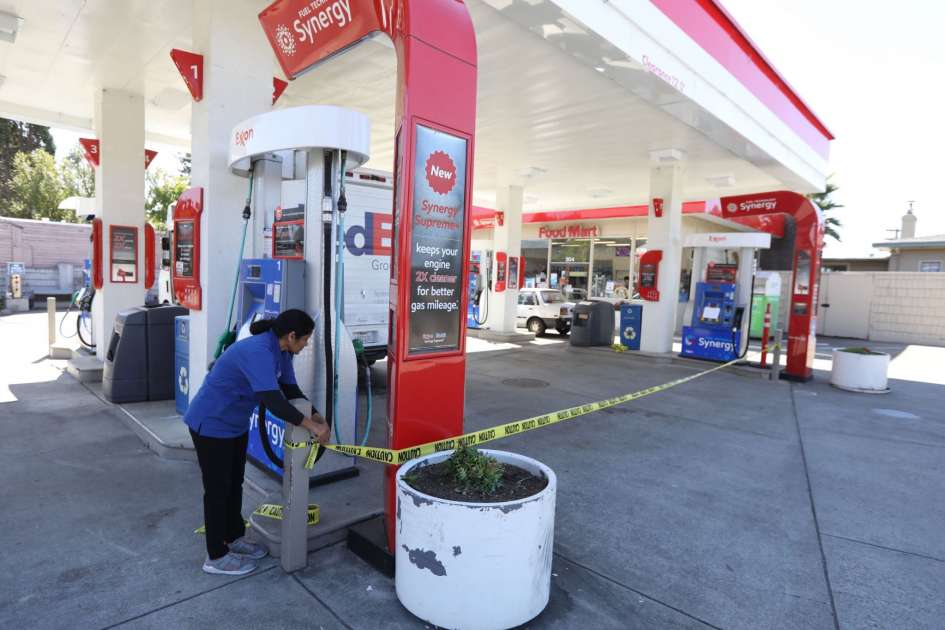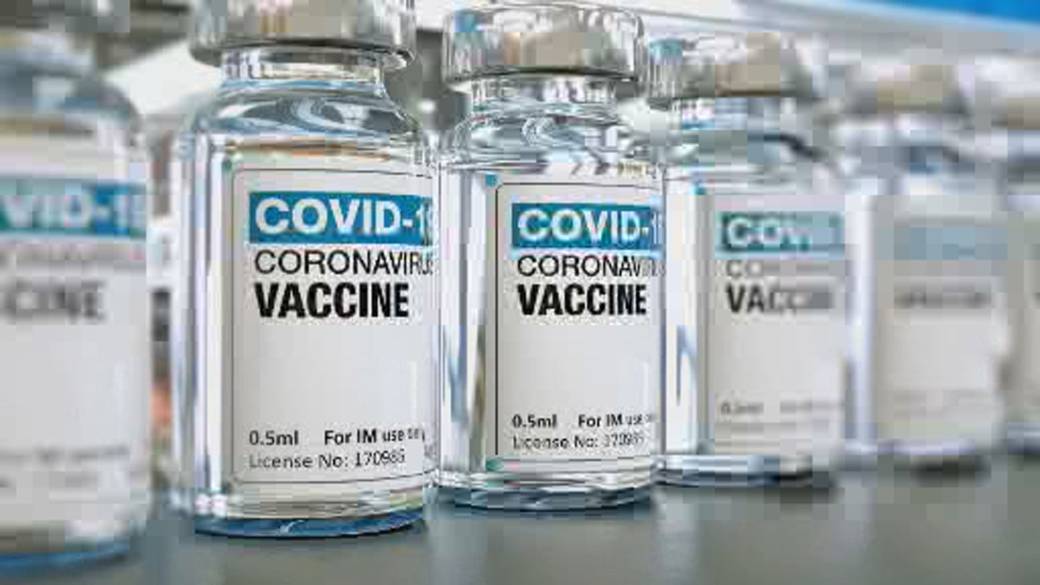Ambulances have become the latest casualty of Venezuela’s unraveling political and economic crisis, struggling to fuel up and speed away to emergencies as gasoline scarcities deepen.
Long lines winding for miles up to service stations are often commonplace for residents living in border states and remote areas of the South American country, which has the world’s largest proven oil reserves.
But first responders in the mountainous state of Tachira said this week they’re now being stripped of priority service due to the work of smugglers who sneak Venezuela’s dirt-cheap gas to Colombia for huge profits.
“We cannot equip ambulances,” said Nelson Suarez, a medical assistant with the Civil Protection service. “We have units headed to emergencies that have run out of fuel.”
Suarez said that without gas, drivers are not able to provide routine transport to mothers giving birth, elderly patients with terminal illnesses needing care and diabetics requiring dialysis.
Medical workers say it’s only a matter of time before shortages lead to a needless death.
On Monday, the seriousness of the situation was underscored when two soldiers and a civilian injured in a traffic collision were forced to rely on a passing motorist to take them to a regional clinic to be treated because an ambulance couldn’t be deployed.
Their injuries turned out to be relatively minor.
Venezuela was once among Latin America’s wealthiest nations, rich with abundant oil reserves. But production has plummeted to a fifth of highs two decades ago, which critics blame on years of corruption and mismanagement at the state-run oil firm PDVSA under socialist rule.
The Trump administration, which backs opposition leader Juan Guaido, sanctioned PDVSA earlier this year in a bid to pressure President Nicolas Maduro from power.
For his part, Maduro accuses the United States of leading an economic war bent on toppling his socialist government.
Amid the political fervour, many have struggled to find fuel, although the capital of Caracas has largely been spared shortages.
Farmers in Tachira, a mountainous state bordering Colombia, reported a scarcity of gasoline earlier this year which prevented them from shipping produce to market. Crops such as carrots and potatoes spoiled in fields at a time of unprecedented hunger in Venezuela, driving more than 4 million people abroad.
Luis Vicente Leon, head of Caracas-based polling firm Datanalisis, said that the problem stems from a thriving black market trade in which Venezuela’s dirt-cheap gasoline is sold in Colombia at international prices.
In Venezuela, roughly five cars can fill up on subsidized gas for one U.S. penny, which Leon said makes it cheaper than bottled water and more profitable to traffic than drugs.
He said it’s likely that ambulances are being cut off from the pump by corrupt officials who get a better payoff from opportunists sneaking fuel into the neighbouring country.
“(The smuggler) only cares about who pays the most,” Leon said.
Rodolfo Suarez, a political co-ordinator for Maduro in Tachira, denied claims on Thursday that ambulances didn’t have enough gas, and he blamed U.S. “sanctions and economic” measures for shortages in Venezuela.
Critics are using the media for political means to try “to undermine the ongoing work being carried out in Tachira for the benefit of its residents’ health,” Suarez said.
But Jaiberth Zambrano, director of Tachira’s Civil Protection services, said that ambulance drivers over the weekend began to radio dispatchers with startling messages, saying that National Guard officials were turning them away.
“People think that the Civil Protection is going to arrive in a matter of minutes after we receive their call,” Zambrano said.
“This restricts the Tachira Civil Protection’s work throughout our region.”




